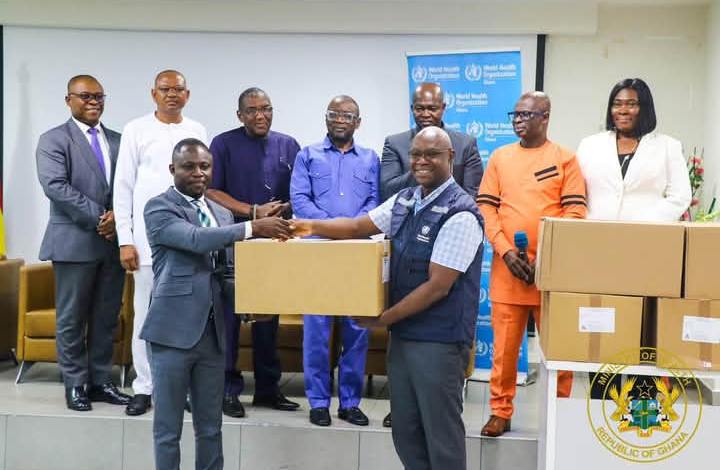
A meningitis outbreak has erupted in Ghana’s Upper West Region, causing widespread concern as cases surge to 173 and fatalities rise to 16. The outbreak, primarily caused by Streptococcus pneumoniae, has disproportionately affected the youth, with individuals aged 11 to 20 years accounting for nearly 44% of deaths. Health authorities have declared this a critical health crisis, emphasizing the need for immediate action to contain the disease.
Rising Cases and Fatalities
The meningitis outbreak has severely impacted districts such as Jirapa, Nandom, Wa Municipal, and Wa West. As of February 25, 2025, 173 cases have been confirmed, with 16 lives lost. The dominant strain, Streptococcus pneumoniae, is particularly aggressive, making early detection and treatment essential. The Ghana Health Service (GHS) has identified delayed healthcare-seeking behavior as a major challenge in managing the crisis.
Government and Health Authorities’ Response
To combat the outbreak, the GHS has implemented a series of urgent measures:
Surveillance Intensification: Daily and weekly updates are being provided to monitor the spread of the disease.
Antibiotic Treatment: Hospitals have been stocked with ceftriaxone, an effective antibiotic, which is being administered free of charge to encourage early treatment.
Healthcare Training: Over 221 health workers have been trained to manage cases effectively.
Public Health Education: Community engagement efforts, including radio discussions, are raising awareness about symptoms and prevention.
Despite these efforts, limited vaccine availability remains a significant obstacle in halting further spread.
Impact on Youth and Vulnerable Populations
The outbreak has disproportionately affected Ghana’s youth population. With nearly half of the fatalities occurring among those aged 11 to 20 years, health officials are urging parents and guardians to prioritize early medical intervention. Public health campaigns are also focusing on promoting strict hygiene practices to reduce transmission risks.
International Support and Continued Efforts
The World Health Organization (WHO) has stepped in to support Ghana’s efforts by providing technical expertise and additional medical supplies. However, the GHS continues to stress the importance of community cooperation in reporting symptoms early and seeking treatment promptly.
As this devastating health crisis unfolds, authorities remain committed to protecting lives through enhanced surveillance, education, and treatment strategies